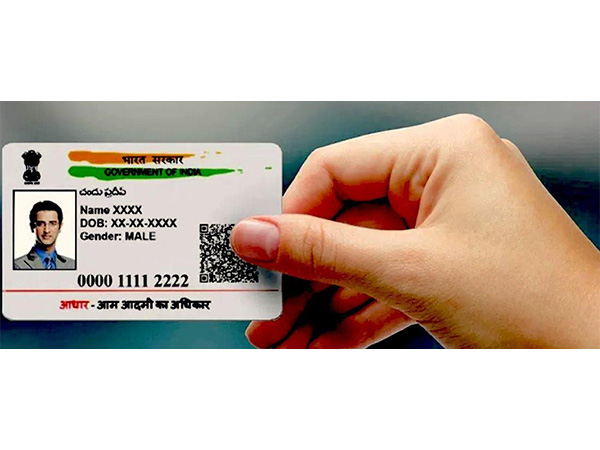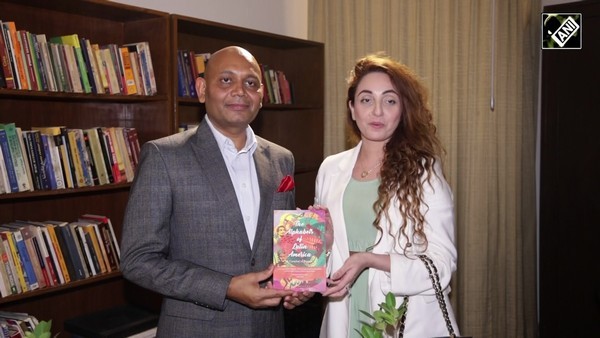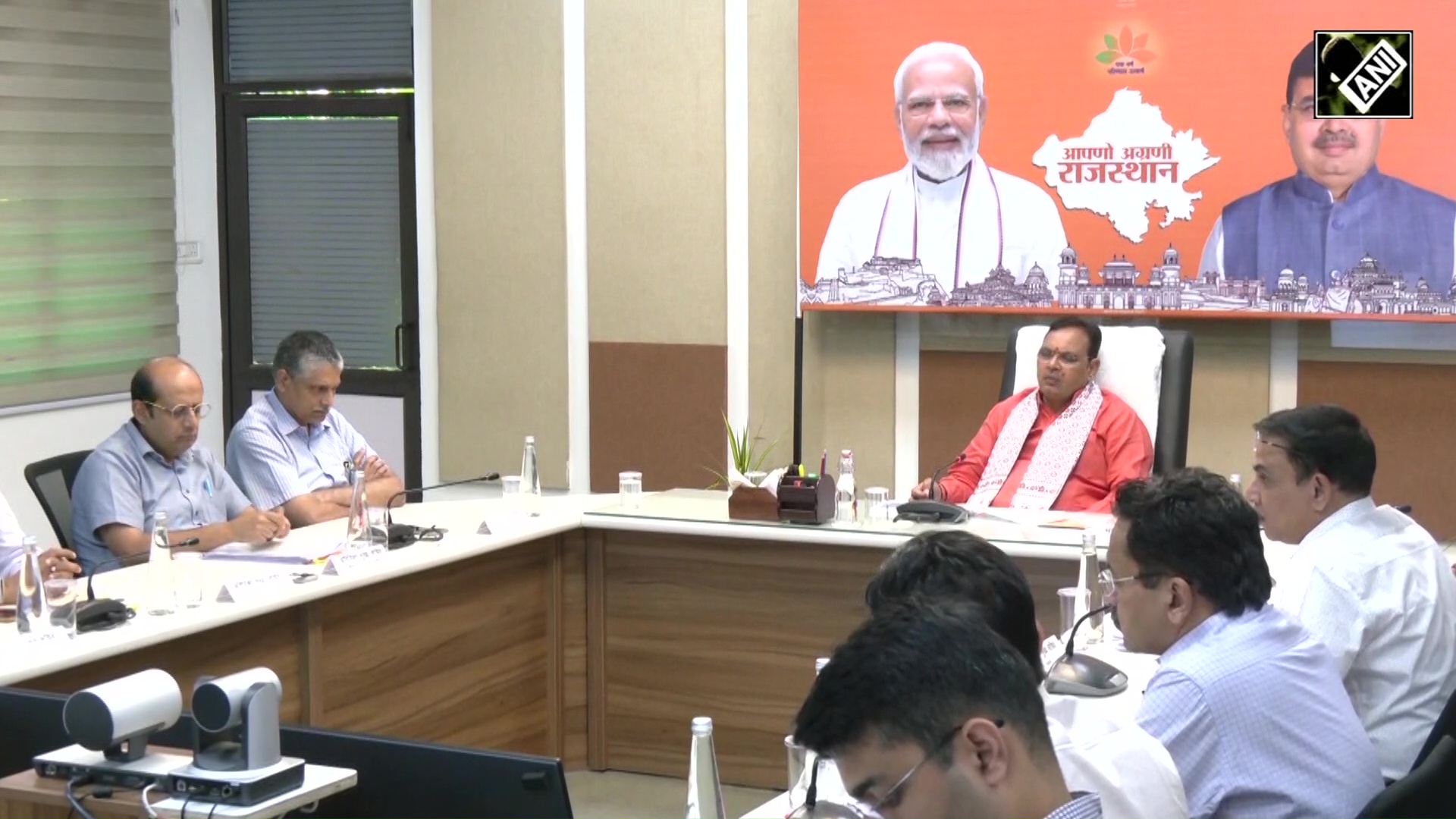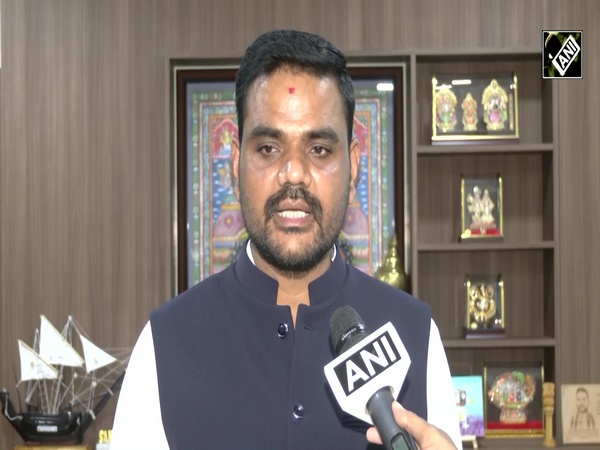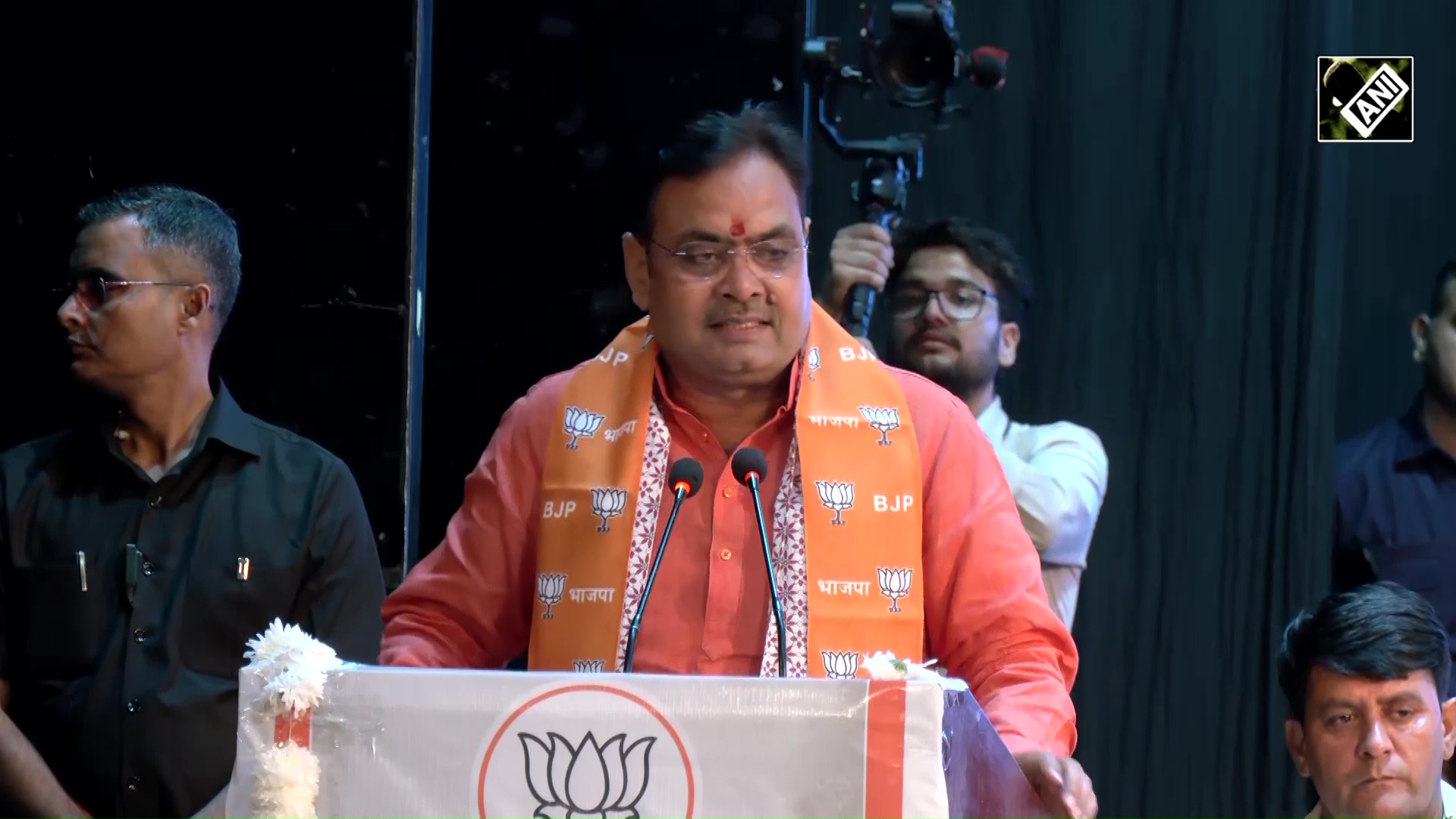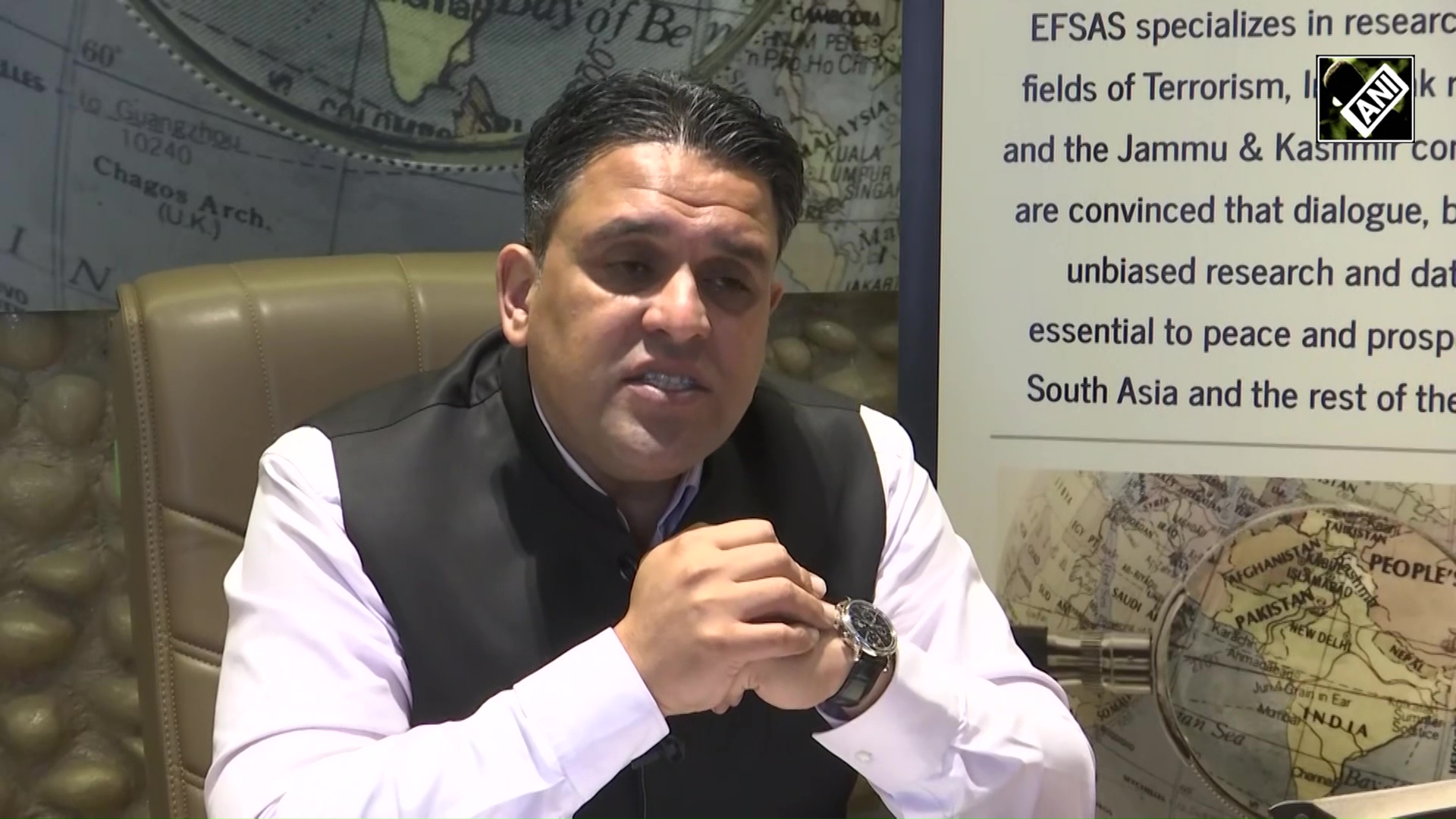Amid FTA Uncertainty between India and the UK, Consider Self-Sponsorship as a Solution for UK Immigration
Nov 11, 2024

PNN
Mumbai (Maharashtra) [India], November 11: The UK is a preferred international destination for 89% of Indian businesses, according to new research. But while mid-market businesses recognise the opportunities the UK offers, a key barrier to trade and investment is a restrictive immigration and visa regime. Also, the need for detailed business documentation and proof of economic contribution' is posing a challenge for investors.
With a Free Trade Agreement (FTA) between India and the UK yet to materialise, visa specialists point to the self-sponsorship system as a solution. The scheme was pioneered by British legal firm A Y & J Solicitors and has allowed overseas businesspeople to start ventures in the UK in a wide range of sectors including research, IT, construction, logistics and food production. Self Sponsorship has been growing in popularity since several commonly used business visa routes were cancelled as part of an overhaul of British immigration.
Yash Dubal, director of A Y & J Solicitors, has helped facilitate over 140 Self Sponsorship applications. He says it is the only option available for many smaller investors.
"Many Indian businesses are keen to invest in the UK but there are limited visa options for them, particularly those who are serious about setting up an independent small business in the UK," he said. "Self Sponsorship is proving to be a lifeline for these people. The system has helped entrepreneurs from all over the world who otherwise would not have been able to bring their skills and investment to the UK. They have established IT businesses, food manufacturing businesses, research and development companies and renewable energy ventures."
Under the Self-Sponsorship system, overseas entrepreneurs legally establish UK limited companies from abroad and then sponsor themselves for a Skilled Worker visa to work in a role that qualifies under the Skilled Worker route.
According to the Grant Thornton research, almost all (92%) of the Indian businesses surveyed said an FTA with the UK would encourage them to explore opportunities in this market.
Earlier this year Grant Thornton issued its India meets Britain Tracker, developed in collaboration with the Confederation of Indian Industry in the UK. It identified a record 971 Indian-owned companies operating in the UK, up from 954 in 2023. These companies had a combined revenue of £68.09 billion (an increase from £50.5 billion in 2023). They employed 118,430 people, up from 105,931 in 2023, and paid £1.17 billion in corporation tax, compared with £944 million in 2023. The tracker also identified 100 Indian businesses in the UK growing at a rate of 10% or more. The tracker also highlighted that a free trade deal between India and the UK has the potential to increase bilateral trade to more than $100 billion by 2030.
The biggest sector in terms of number of Indian companies in the UK is technology, media and telecommunications (TMT), followed by engineering and manufacturing and pharmaceuticals and chemicals.
Foreign direct investment (FDI) from India created over 8,000 new jobs in 2023, during which there were 118 Indian FDI projects in the UK, according to figures from The Department for Business and Trade.
Trade in goods and services between the UK and India in 2023 was £39 billion, an increase of 4.8% on the previous year. As a result, India is currently the UK's 12th largest trading partner, accounting for 2.1% of total UK trade. The FTA has the potential to increase bilateral trade to more than $100 billion by 2030 and create new employment opportunities.
The India meets Britain Tracker also highlighted visa frictions as a barrier to growth, specifically the salary threshold increase for the ICT visa, now known as the Senior or Specialist Worker visa. In April 2024 this rose from £45,800 to £48,500. Indian businesses report that this is making it difficult to bring in talent to address the shortage in tech skills in the UK. Possible alternative visa routes for tech workers who do not meet the minimum salary requirement include the India Young Professionals Scheme and High Potential Individual visa.
Dubal continued: "With so much potential investment and such interest in locating business activity in the UK, it makes sense to address immigration concerns in trade negotiations. These reports prove that there is work to be done to reduce friction of movement. But even if that doesn't happen, Self Sponsorship is proving a simple and effective lifeline for smaller investors, entrepreneurs and SMEs to take advantage of the UK market."
(ADVERTORIAL DISCLAIMER: The above press release has been provided by PNN. ANI will not be responsible in any way for the content of the same)





